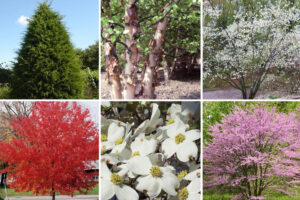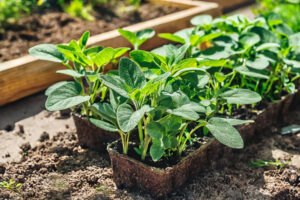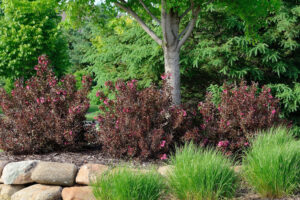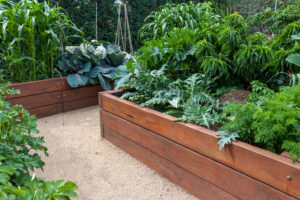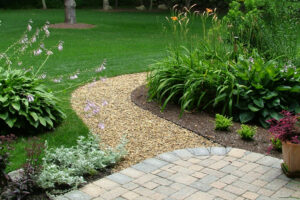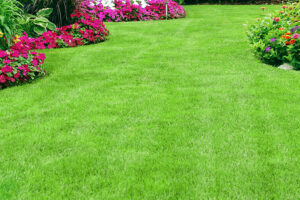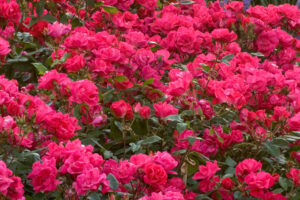Composting is an invaluable garden practice. It turns kitchen scraps and yard waste into black gold that enriches the soil and nurtures your plants. As the gardening season approaches, beginning your compost pile or adding to an existing one is a timely and environmentally friendly endeavor that will pay dividends throughout the growing season.
Why Compost?
Composting is a natural process that recycles organic material such as leaves, grass clippings, and kitchen scraps into a rich soil amendment. The benefits of compost are numerous: it improves soil structure, increases nutrient content, helps retain soil moisture, and encourages beneficial microbial activity. These factors contribute to healthier and more productive garden beds, whether you’re nurturing delicate flowers, robust bulbs, or a kitchen garden brimming with vegetables.
Getting Started with Composting:
Starting a compost pile is straightforward. Select a convenient spot in your yard that is relatively close to a water source. Begin with a layer of “browns,” such as fallen leaves, shredded newspaper, or straw, which provide carbon. Then add a layer of “greens,” like grass clippings, vegetable peels, or coffee grounds, which supply nitrogen. The key to successful composting is maintaining a balance between these two elements.
Building Your Pile:
Layer your greens and browns and keep the pile moist but not waterlogged. Introducing a compost activator or garden soil can help kickstart the process. Regular turning of the compost pile will aerate it and speed up the decomposition process, leading to quicker compost production.
Using Your Compost:
Once your compost has turned into a dark, crumbly soil that smells earthy, it’s ready to use. Spread it across your garden and flower beds to build up the soil. Mixing compost into the soil can improve its quality, structure, and fertility. Compost provides the essential nutrients for flowering plants and bulbs to flourish. For vegetable gardens, composting enriches the soil and reduces the need for chemical fertilizers, producing healthier food for your table.
Compost and Seasonal Timing:
Early spring is the ideal time to start composting or use compost from an existing pile. Using compost in your garden at this time allows the nutrients to be integrated into the soil before planting season. It’s also a great way to clean your yard from winter debris.
Engaging in composting is not just a boon for your garden; it’s also a positive step for the environment by reducing landfill waste. The practice embodies a sustainable cycle, where the end of one season’s growth contributes to the vitality of the next. As you prepare for spring planting, remember that the effort you put into your compost pile will create a more vibrant and productive garden in the coming seasons.


